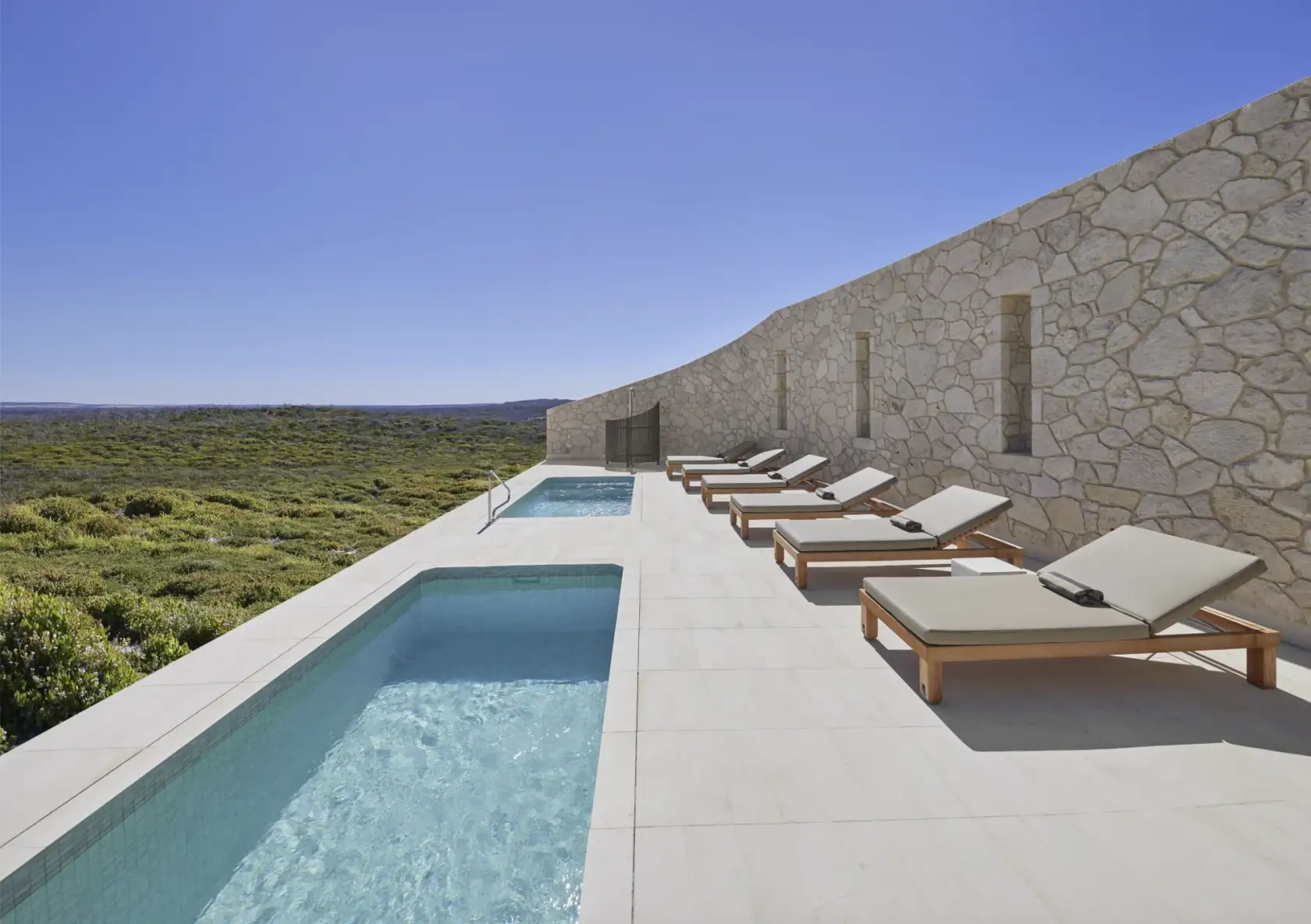

Power and water don’t mix
A pool or spa can provide years of entertainment and pleasure for the whole family but when it comes to safety, what you can’t see can harm you. Electrical safety should never be compromised, particularly around water. The use of a qualified electrician is not only sensible, it’s mandatory by law.
There’s a lot to be done prior to installation, so before you decide on your dream pool or spa it’s critical to go over a few key issues. A licensed electrician will assist you from the planning stage right through to project completion. SPASA’s membership base includes licensed electrical contractors. Contact one of them for the right advice. Following are some things you’ll want to take into account.
Electrical Planning
Make sure your contract deals with who is responsible for engaging a licensed electrician. If it is the pool builder, they will engage a licensed electrician before commencing the build to discuss the chosen pool design, along with the associated equipment that will be installed. Getting this right can save you thousands prior to work commencing.
Your builder will discuss a number of items:
The power requirements of your pool or spa.
How many and what type of sockets or outlets you will need.
The type of system you intend to run and if it is automated.
This will allow the electrician to determine the power requirements and ensure the safe operation of your pool or spa.
Slight alterations may prevent costly mistakes and minimise your expenditure.
An outdoor ‘renovation’ often accompanies installation of a pool or spa. Planning this from the outset means that any additional electrical requirements like lighting or other appliances can be factored in early, avoiding potentially costly reworks.
Electrical Safety and fences
Not surprisingly, conductive pool and spa structures, along with all extraneous conductive parts (including any reinforcing metal of the shell or deck), must be connected to a bonding connection point by law. This bonding point must be installed at the time of pool or spa installation.
Items that must be connected to the bonding point include:
Any conductive fittings within — or attached to — the pool or spa. examples include ladders and diving boards.
Any fixed conductive material within 1.25 m of the pool edge. Examples include conductive fences and lamp standards.
Installation of and connection to a bonding point must be carried out by a licensed electrician. Electricity and water do not mix, so correct installation is paramount. Failure to install bonding at the beginning of the project could not only be dangerous should a fault occur, but could create unwarranted extra expense if you try to refit at a later stage.
Electrical certification
Your electrical work must be carried out by a qualified licensed electrician and also meet Australian standards. Ask to see your electrical contractor’s licence before works commence to ensure that works carried out will be compliant. By law your electrical contractor must supply a certificate of compliance on the completion of electrical works.
